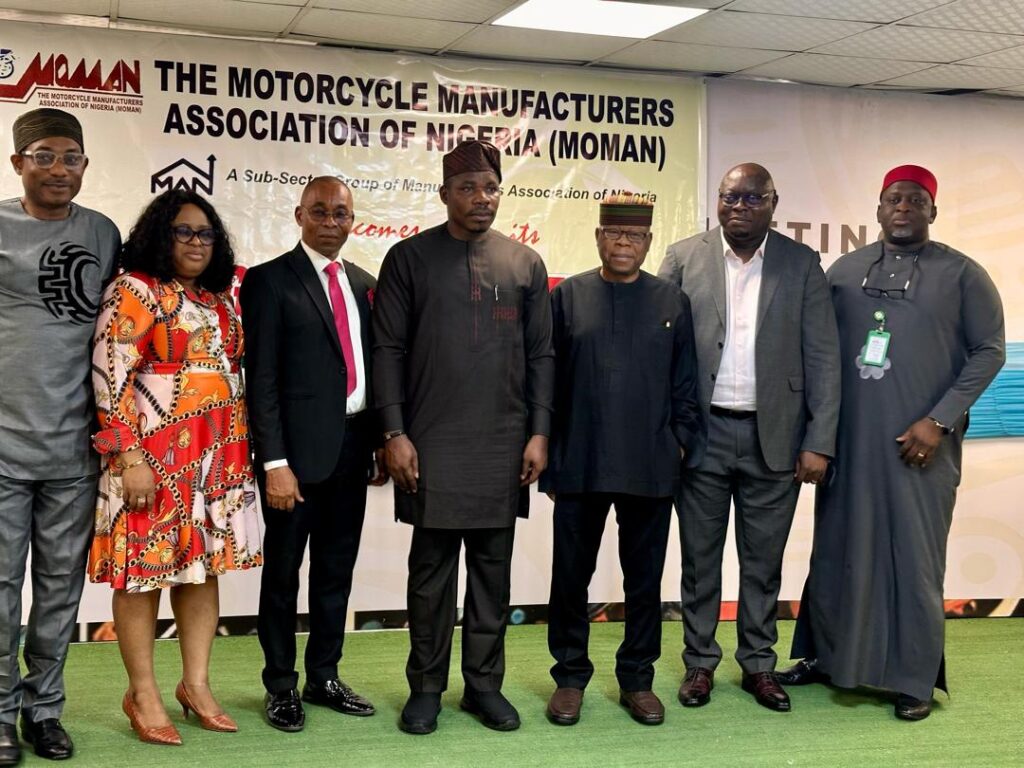Osanipin Urges Stakeholders to Adopt a Paradigm Shift Towards Local Component Production in Nigeria

… Nigeria’s Motorcycle Industry: A Path to Self-Sufficiency
The motorcycle industry in Nigeria has long been a vital part of the country’s transportation landscape, particularly in underserved and remote areas. However, the industry’s heavy reliance on imported components has exposed it to foreign exchange volatility and supply chain disruptions. To address this challenge, the National Automotive Design and Development Council (NADDC) has proposed a transformative vision for the industry.
A New Era for Nigeria’s Motorcycle Industry
According to Oluwemimo Joseph Osanipin, Director General of NADDC, a paradigm shift towards local components production is essential for the industry’s growth and sustainability. “We must work together to make Nigeria a hub for motorcycle and 3-wheeler manufacturing in Africa,” he emphasized.
The Motorcycle/Tricycle Components Deletion Programme
To achieve this vision, NADDC has proposed the implementation of a Motorcycle/Tricycle Components Deletion Programme. This phased initiative aims to identify and replace imported parts with locally manufactured alternatives. By doing so, the industry can reduce its dependence on imports, create jobs, and stimulate economic growth.
The benefits of local production are numerous. It can help to reduce the industry’s exposure to foreign exchange volatility, Create jobs and stimulate economic growth, Increase the industry’s competitiveness and sustainability and Improve the country’s balance of trade
Osanipin’s call for unity among industry stakeholders is a timely reminder that the success of this initiative depends on collaboration and collective effort. By working together, the industry can overcome the challenges it faces and achieve its full potential.
The NADDC’s proposal for a Motorcycle/Tricycle Components Deletion Programme is a step in the right direction. With careful planning and implementation, the industry can transition towards local components production and become a major player in the African motorcycle market.
The future of Nigeria’s motorcycle industry looks bright, and it is up to the industry stakeholders to seize the opportunities that lie ahead.
